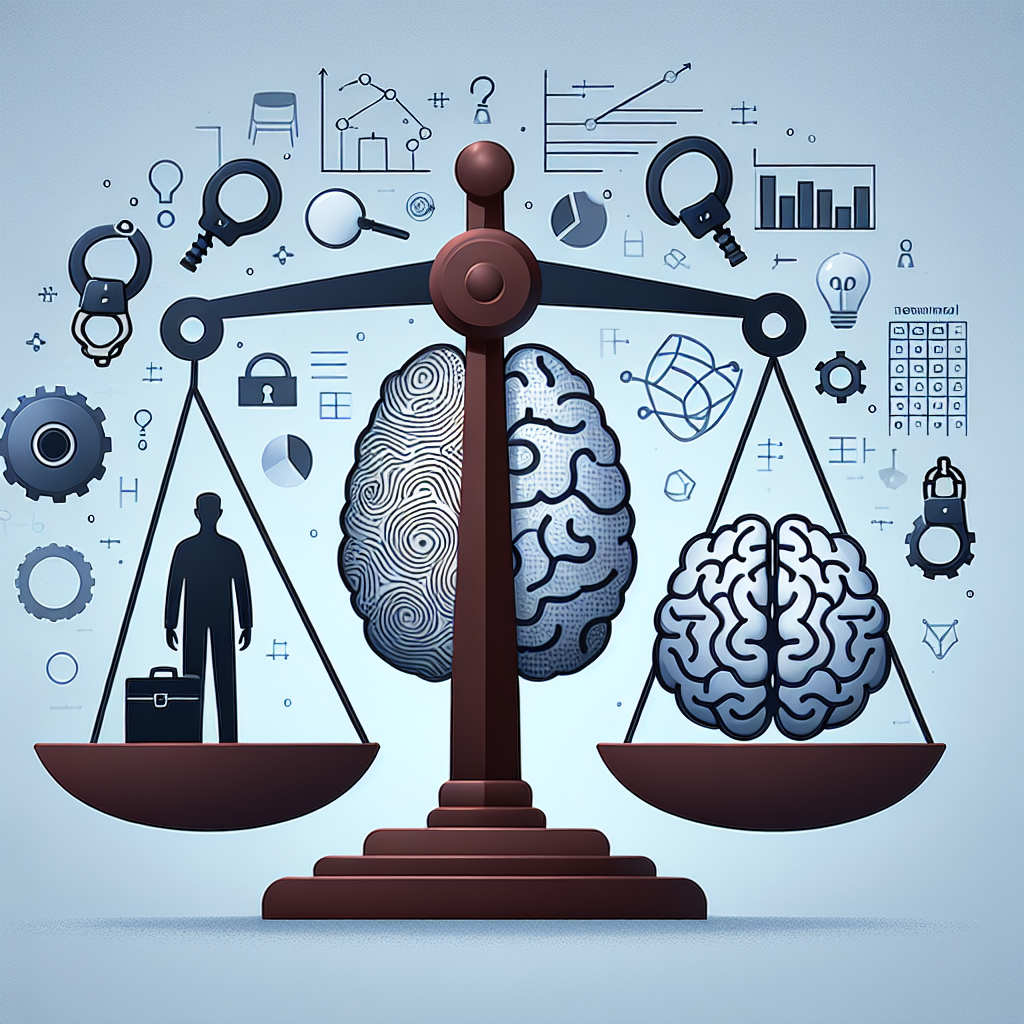Trauma and criminal behavior are two complex and interconnected topics that have been extensively studied in the field of forensic Psychology. The link between trauma and criminal behavior is a widely debated and researched area, with many experts suggesting that traumatic experiences can significantly impact an individual’s likelihood of engaging in criminal acts. This article aims to explore the relationship between trauma and criminal behavior, as well as discuss the various factors that may contribute to this link.
What is Trauma?
Trauma is defined as a deeply distressing or disturbing experience that may cause lasting psychological or emotional harm. Traumatic experiences can range from physical or sexual abuse to natural disasters, accidents, or witnessing violence. Trauma can have a profound impact on an individual’s mental and emotional well-being, leading to symptoms such as anxiety, depression, PTSD, and substance abuse.
How Does Trauma Affect Criminal Behavior?
There is a growing body of research that suggests a strong link between trauma and criminal behavior. Many individuals who have experienced trauma in their lives may turn to criminal activities as a way to cope with their emotions or as a means of seeking power and control in their lives. Trauma can also affect an individual’s decision-making abilities and impulse control, leading to impulsive and reckless behavior.
Studies have shown that individuals who have experienced trauma are more likely to engage in criminal behavior, including violent crimes, drug offenses, and theft. Trauma survivors may also be at a higher risk of re-victimization and engaging in self-destructive behavior, such as substance abuse or self-harm.
The Impact of Trauma on the Brain
Trauma can have a significant impact on the brain, particularly on areas associated with emotion regulation, impulse control, and decision-making. Individuals who have experienced trauma may have difficulty processing emotions and may be more prone to aggressive and impulsive behavior. Trauma can also lead to changes in brain chemistry, resulting in an increased risk of developing mental health issues, such as PTSD, depression, and anxiety disorders.
The Role of Forensic Psychology
Forensic psychology plays a crucial role in understanding the link between trauma and criminal behavior. Forensic psychologists work with individuals who have committed crimes to assess their mental state, evaluate their risk of reoffending, and determine appropriate treatment and interventions. By examining the impact of trauma on an individual’s behavior and mental health, forensic psychologists can help develop targeted interventions to address the underlying issues that may be driving the criminal behavior.
Treatment and Interventions
Treatment for individuals who have experienced trauma and engaged in criminal behavior often involves a combination of therapy, counseling, and support services. Cognitive-behavioral therapy (CBT) has been shown to be effective in helping individuals cope with the emotional and psychological effects of trauma while also addressing maladaptive behaviors. Trauma-focused therapies, such as Eye Movement Desensitization and Reprocessing (EMDR) and narrative therapy, can also be beneficial in helping individuals process and heal from traumatic experiences.
FAQs:
1. Can trauma cause someone to become a criminal?
While trauma can significantly impact an individual’s mental health and behavior, it is important to note that not everyone who has experienced trauma will engage in criminal behavior. However, trauma can increase the likelihood of engaging in criminal activities, particularly if it is not adequately addressed and treated.
2. How can forensic psychologists help individuals who have experienced trauma and engaged in criminal behavior?
Forensic psychologists can assess the mental state and risk of reoffending of individuals who have engaged in criminal behavior, as well as provide targeted interventions and treatment options to address the underlying trauma and mental health issues.
3. What are some effective treatments for individuals who have experienced trauma and engaged in criminal behavior?
Therapies such as cognitive-behavioral therapy, trauma-focused therapy, and EMDR have been shown to be effective in helping individuals cope with the emotional and psychological effects of trauma while also addressing maladaptive behaviors.
In conclusion, the link between trauma and criminal behavior is a complex and multifaceted topic that requires a thorough understanding of the underlying psychological factors at play. By exploring the relationship between trauma and criminal behavior, we can better identify individuals at risk and develop targeted interventions to address their unique needs and challenges.




Leave A Comment